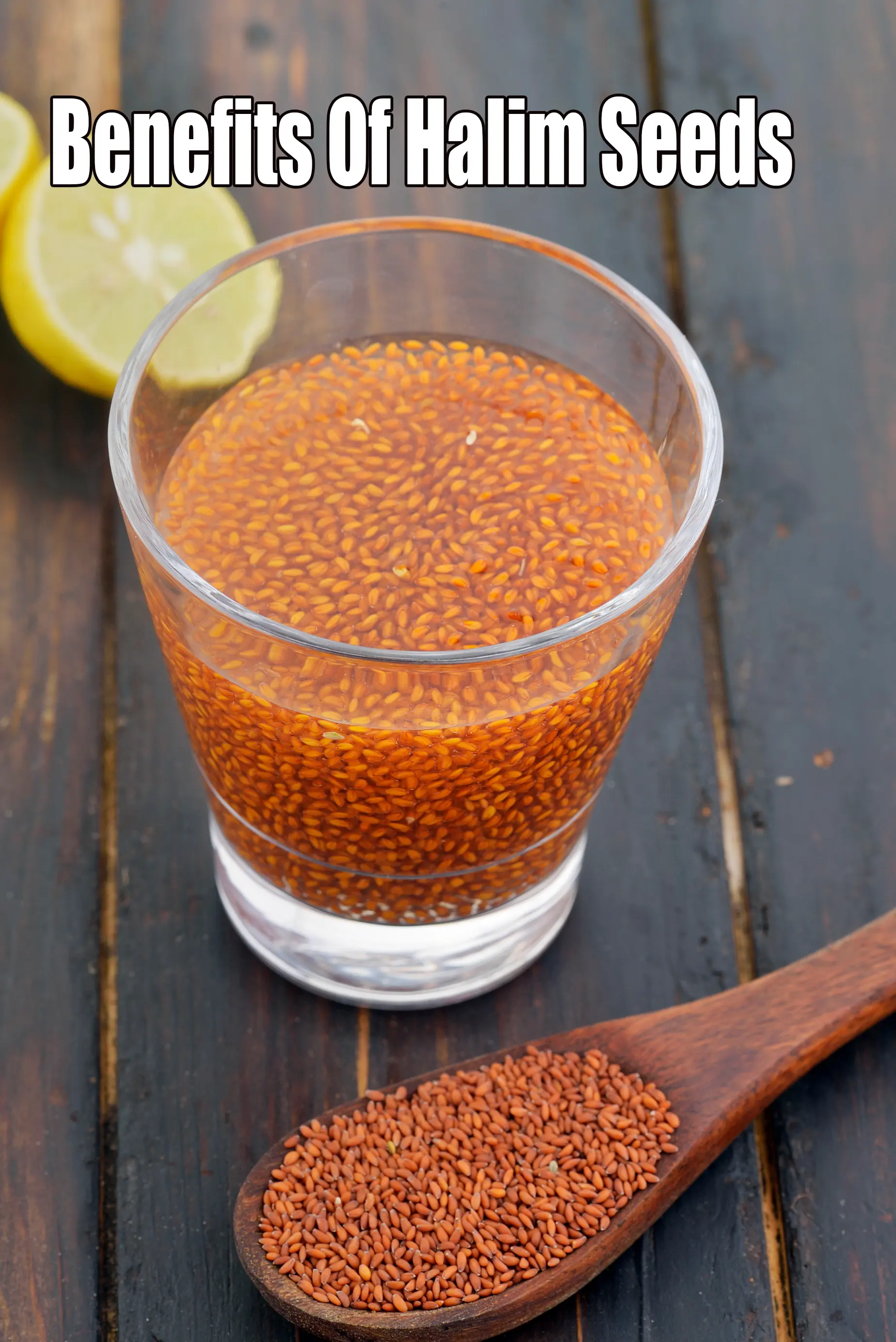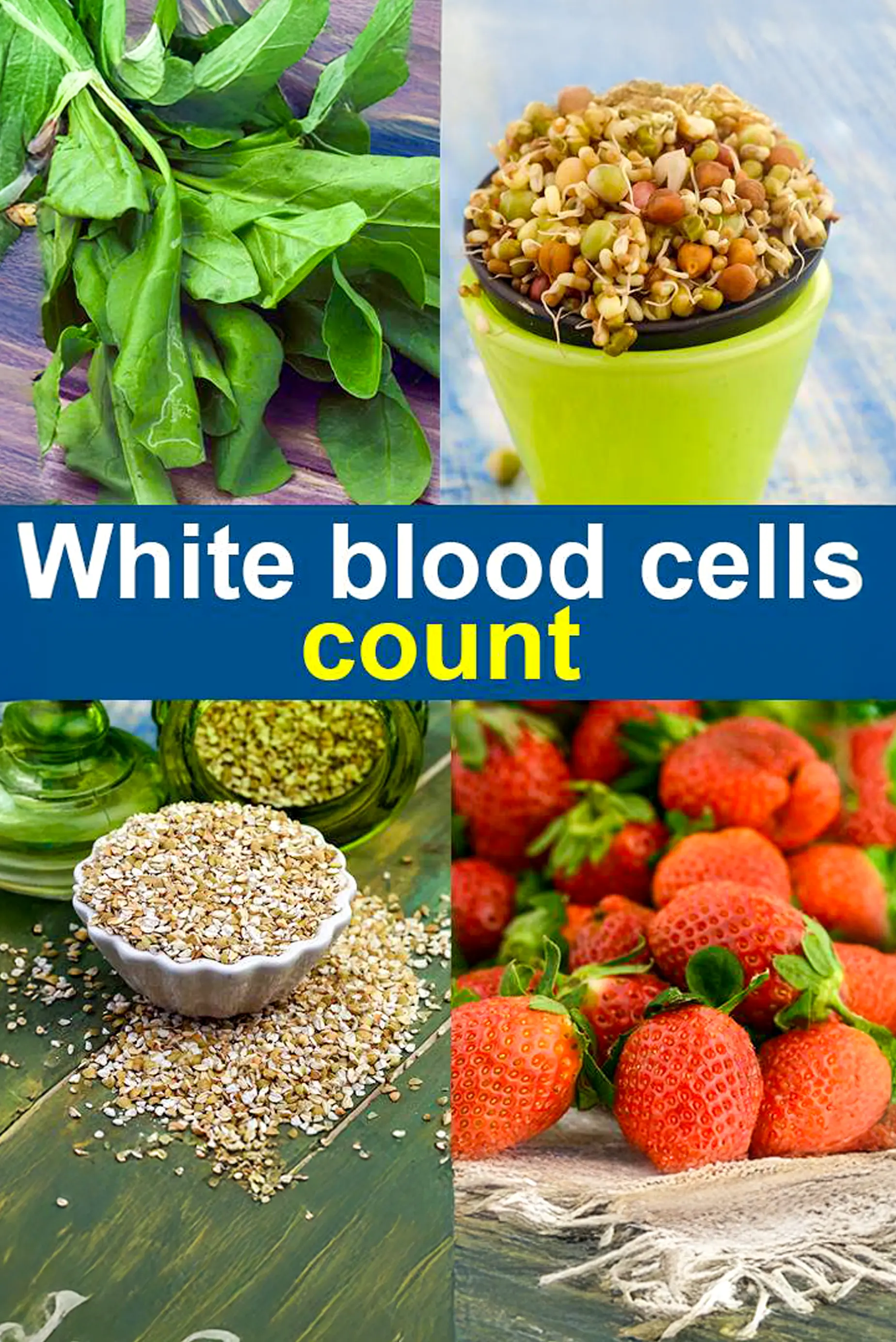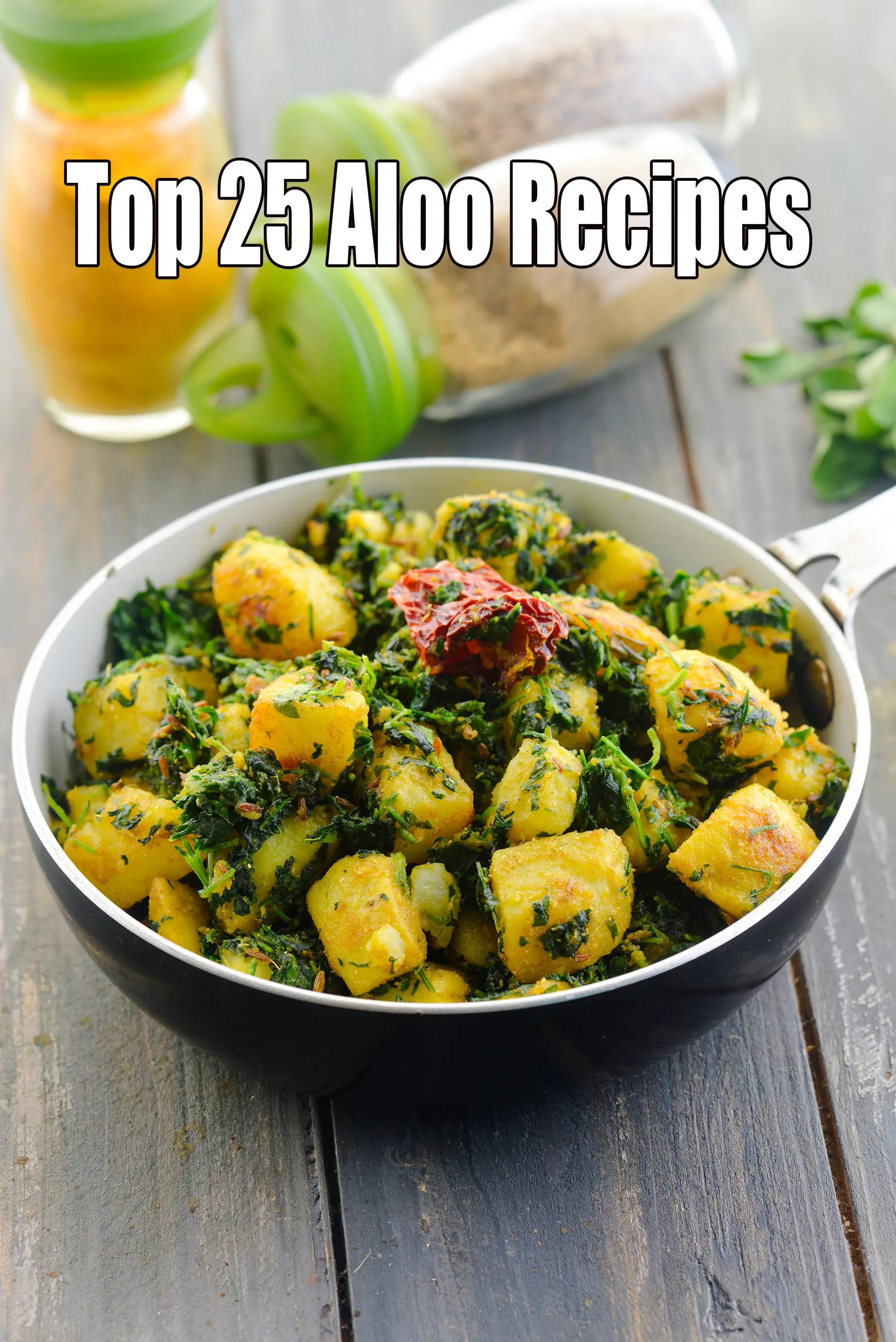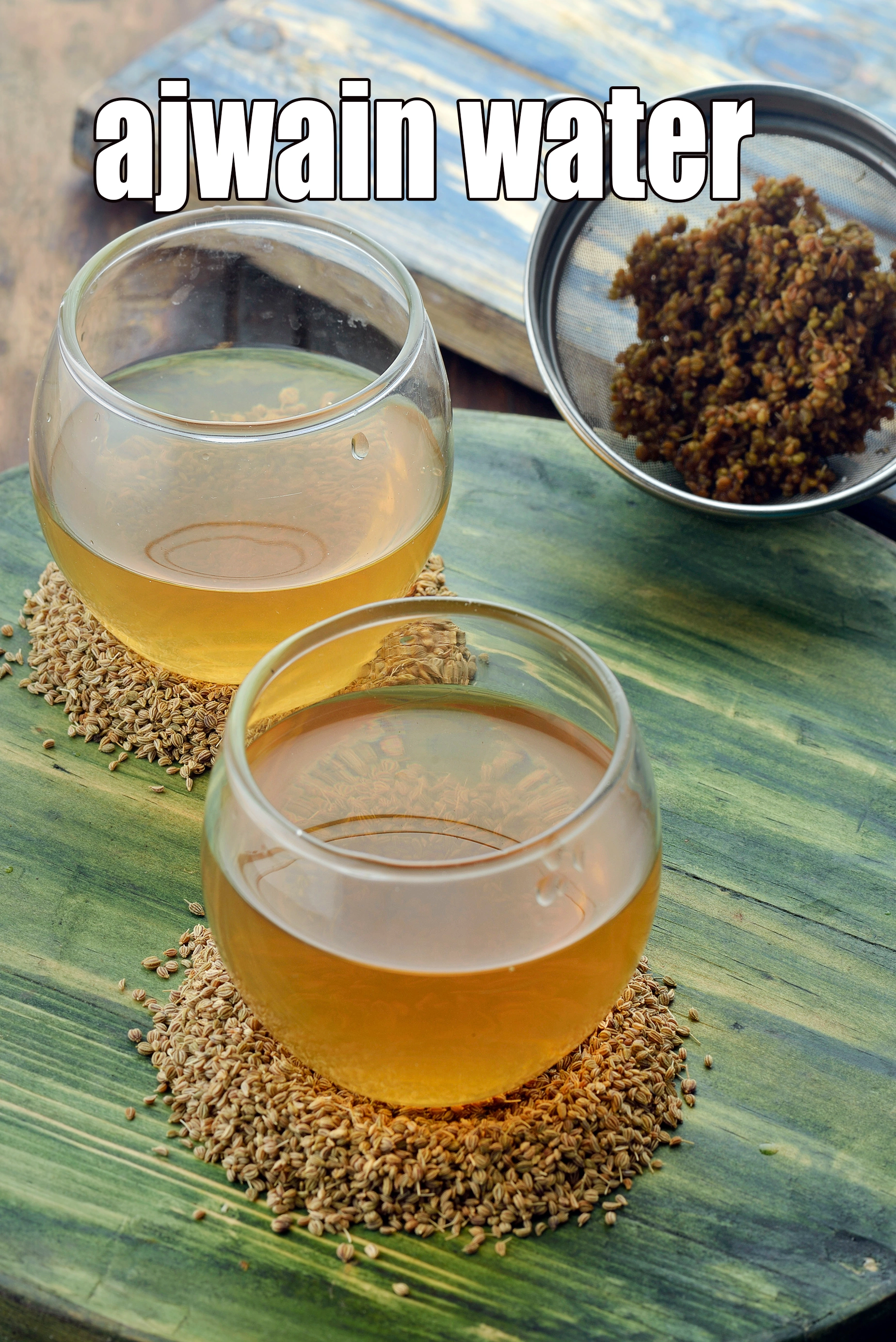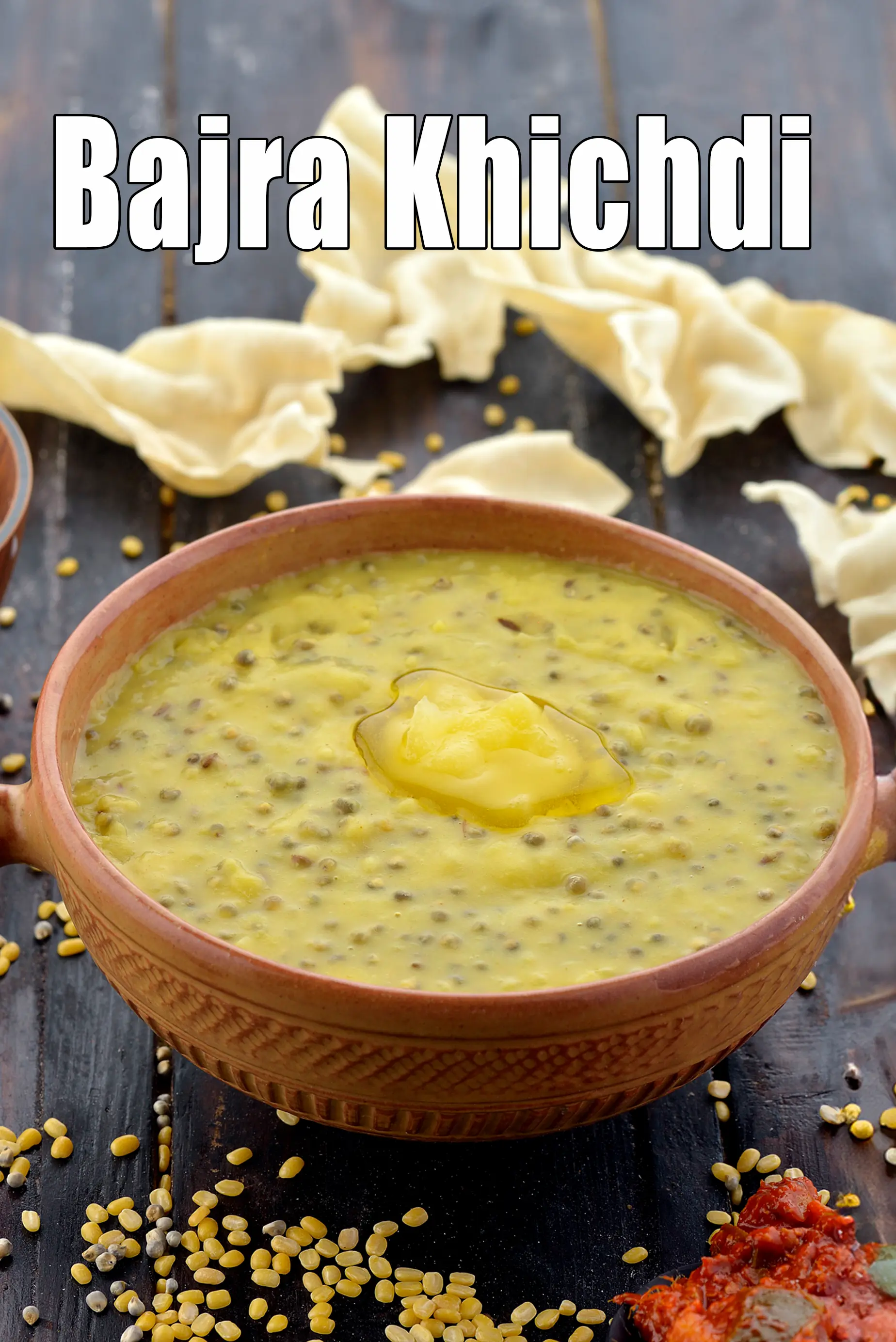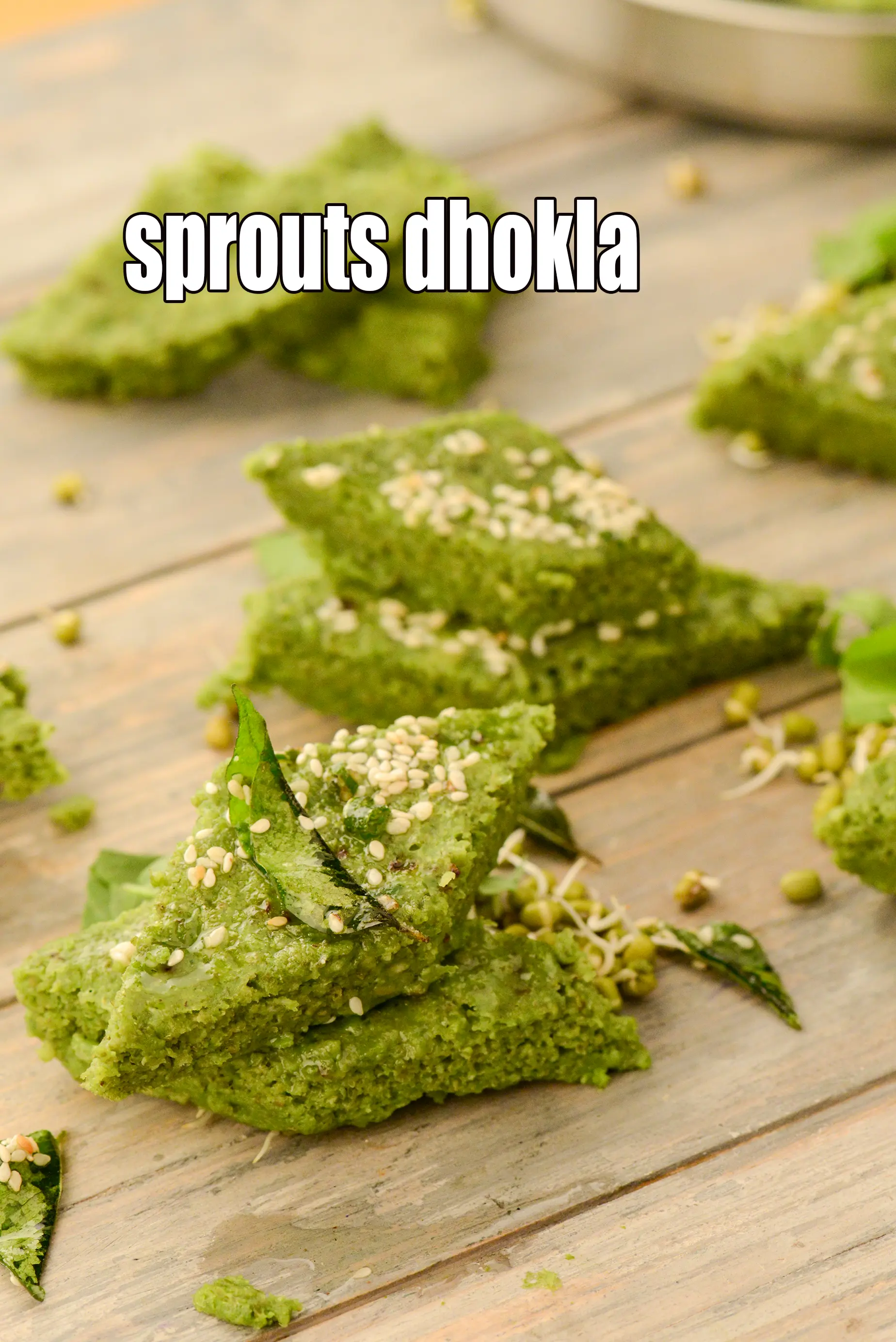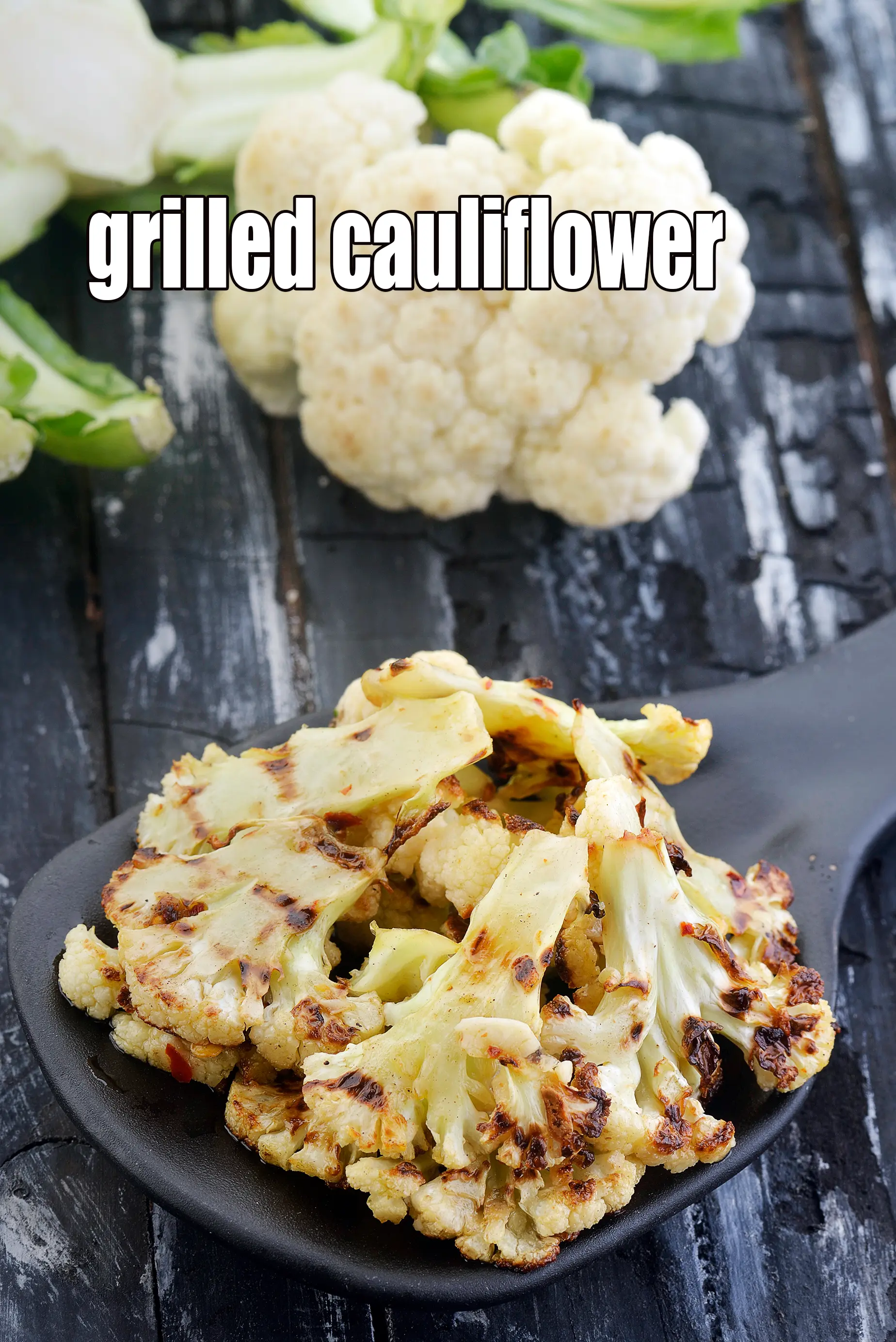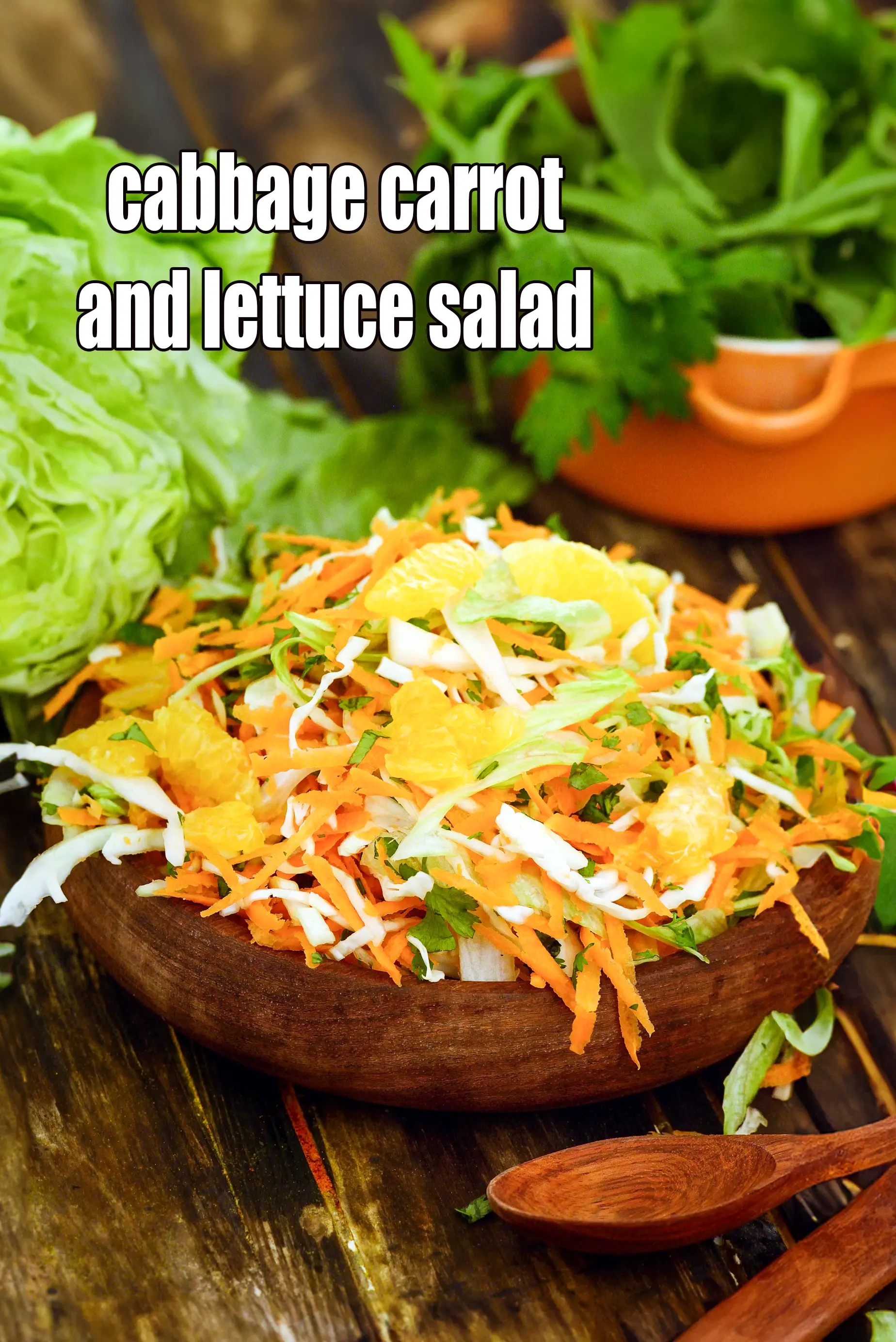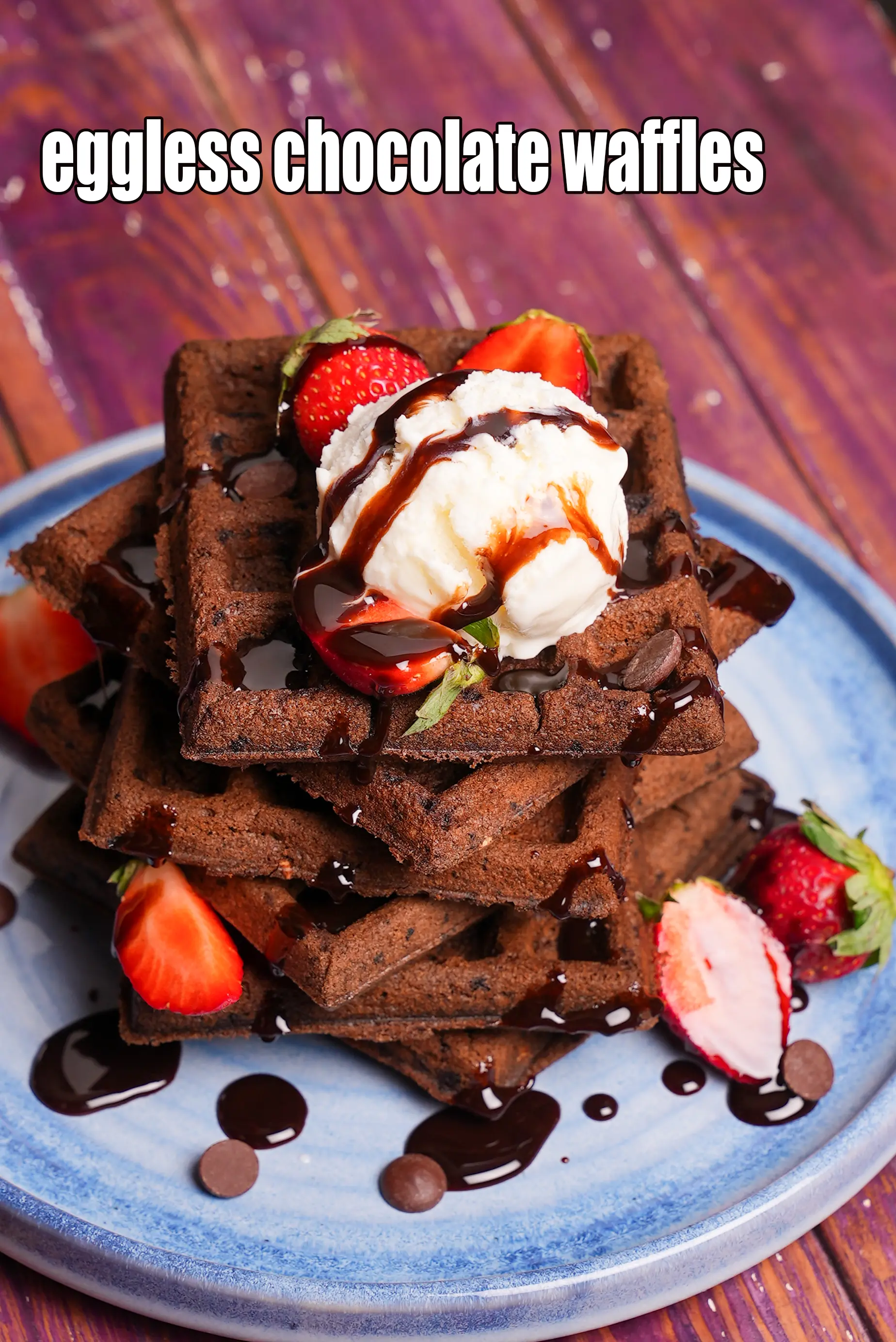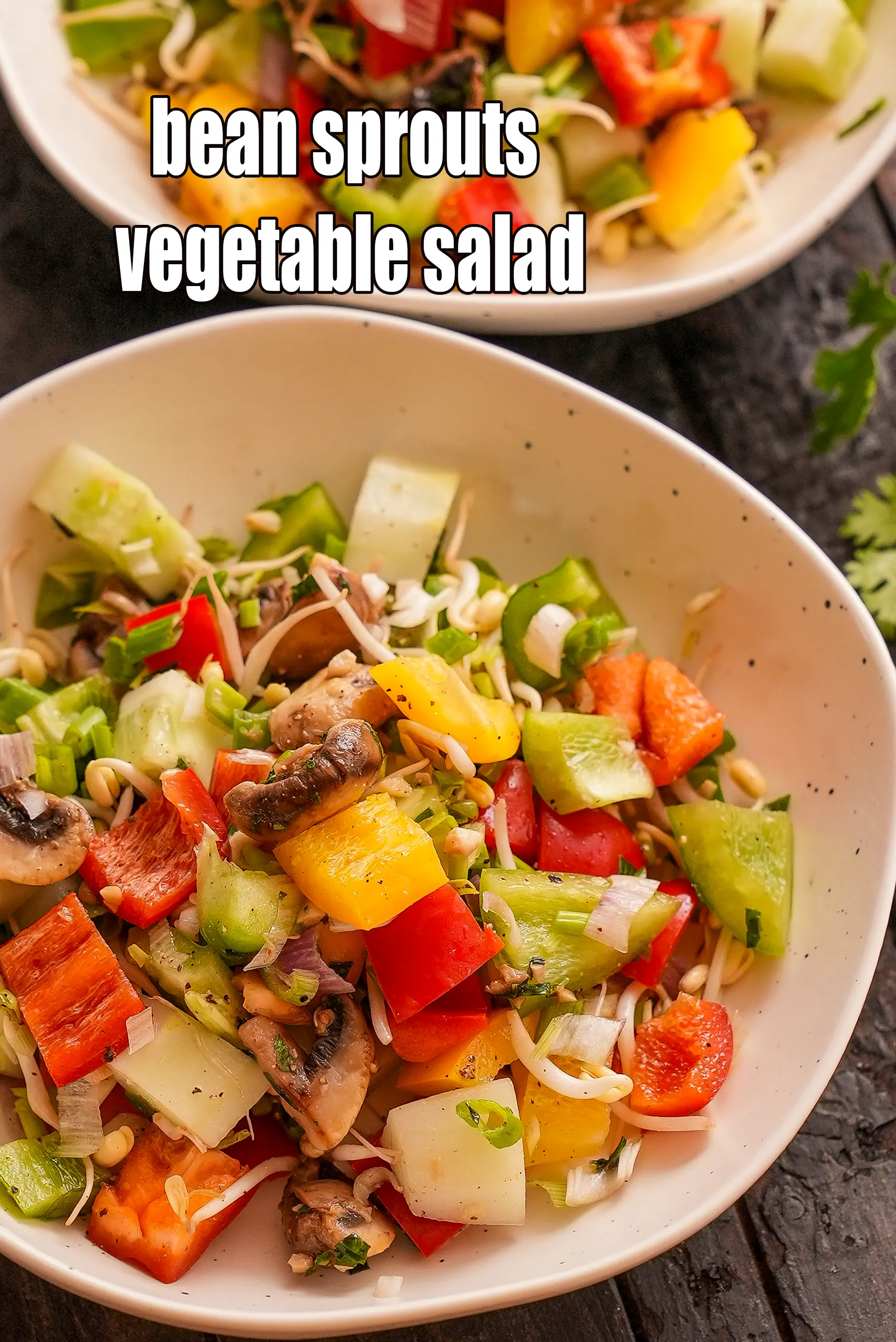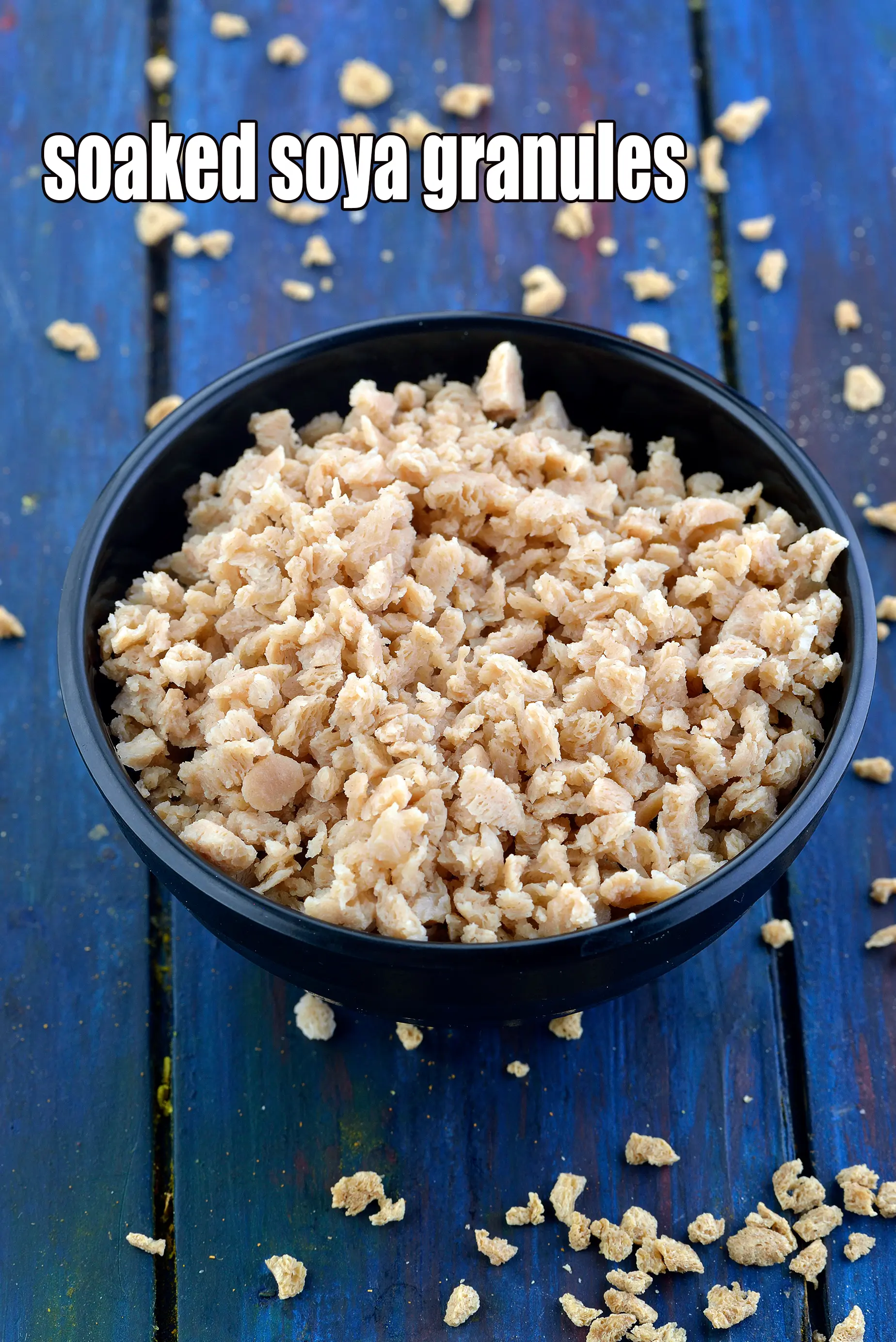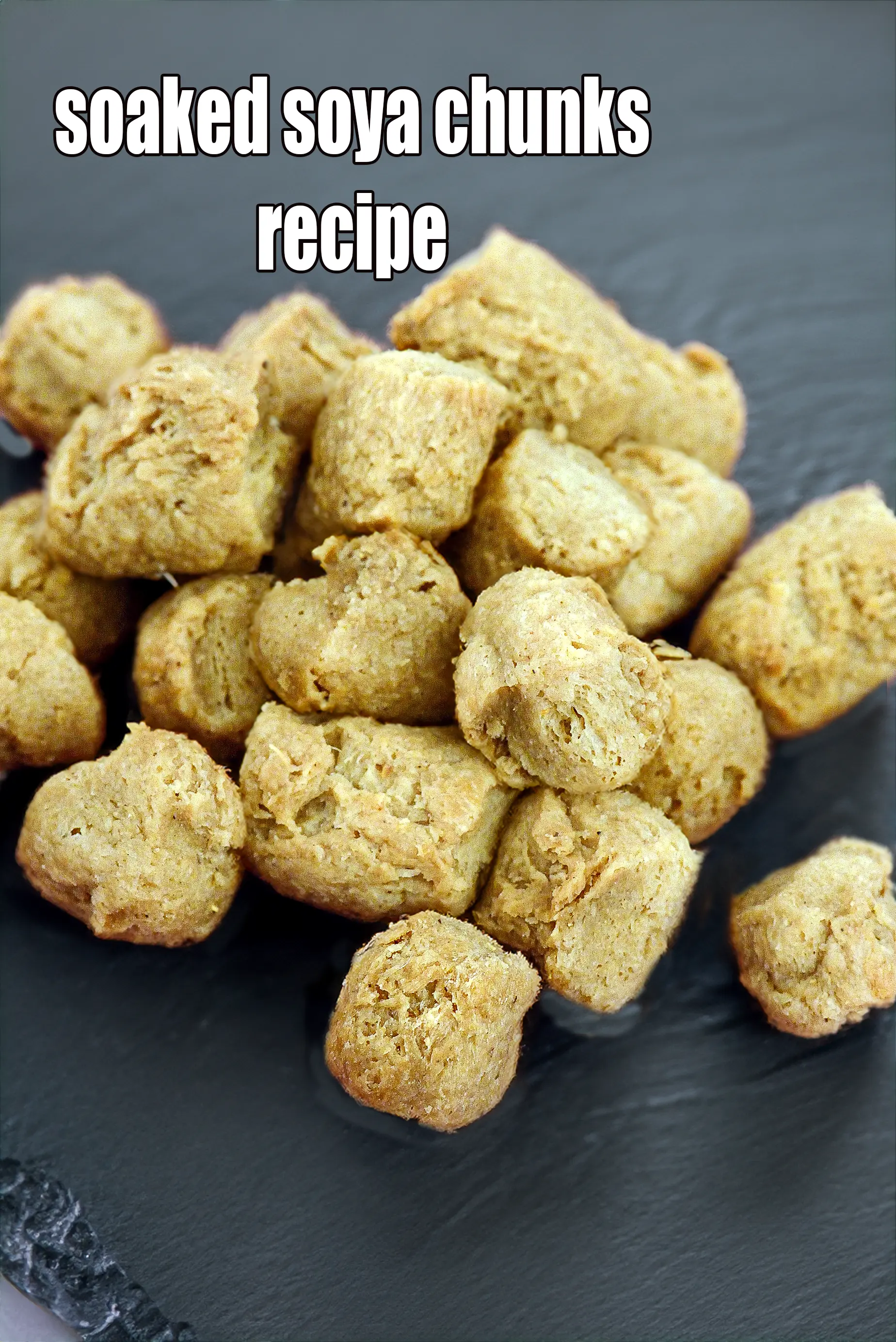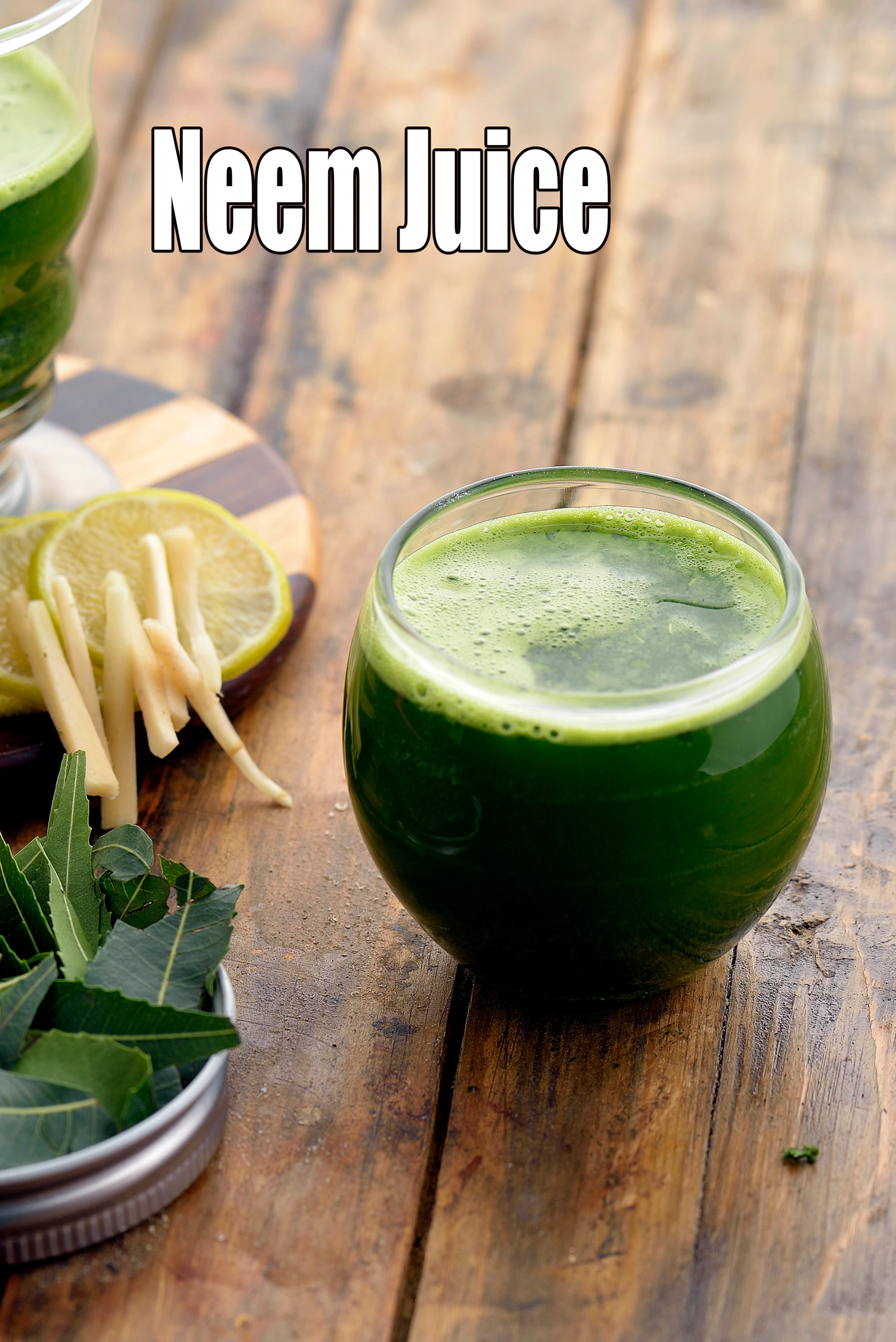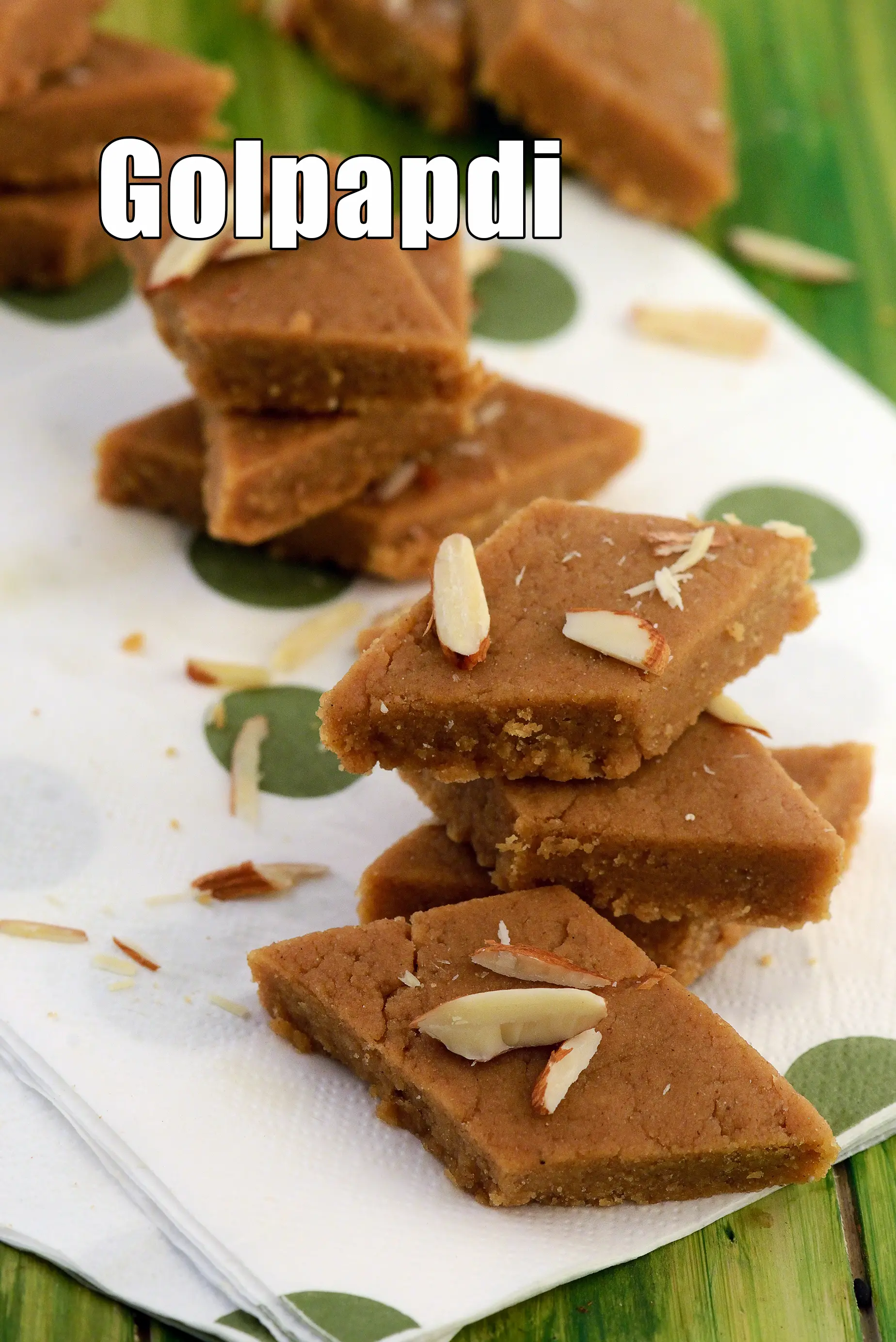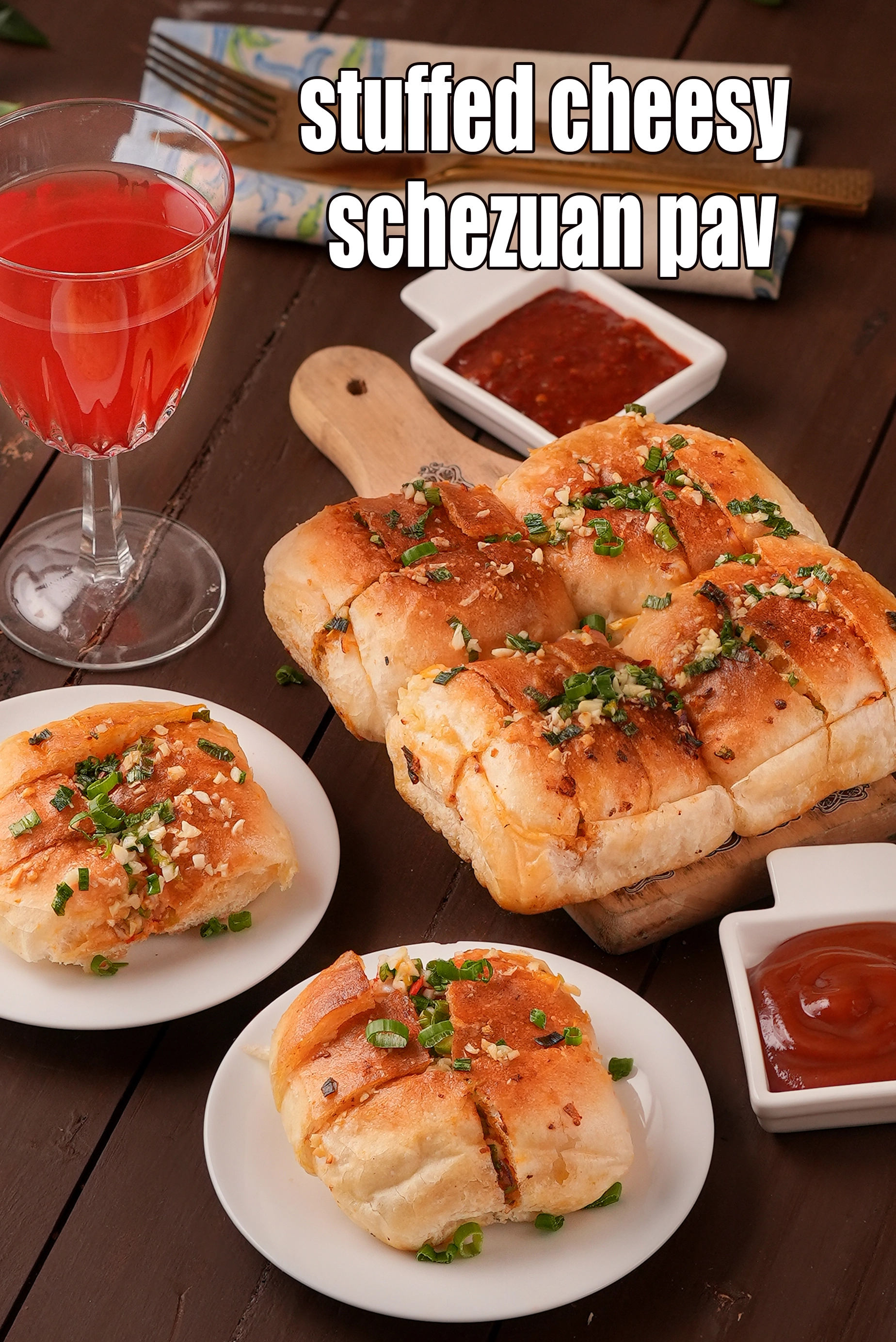Search & Articles
Search from thousands of articles from sabzi, roti, chawal, dal, paneer, Indian recipes to health articles.
Indian Baby Food Chart With Recipes
This article page has been viewed 33240 times
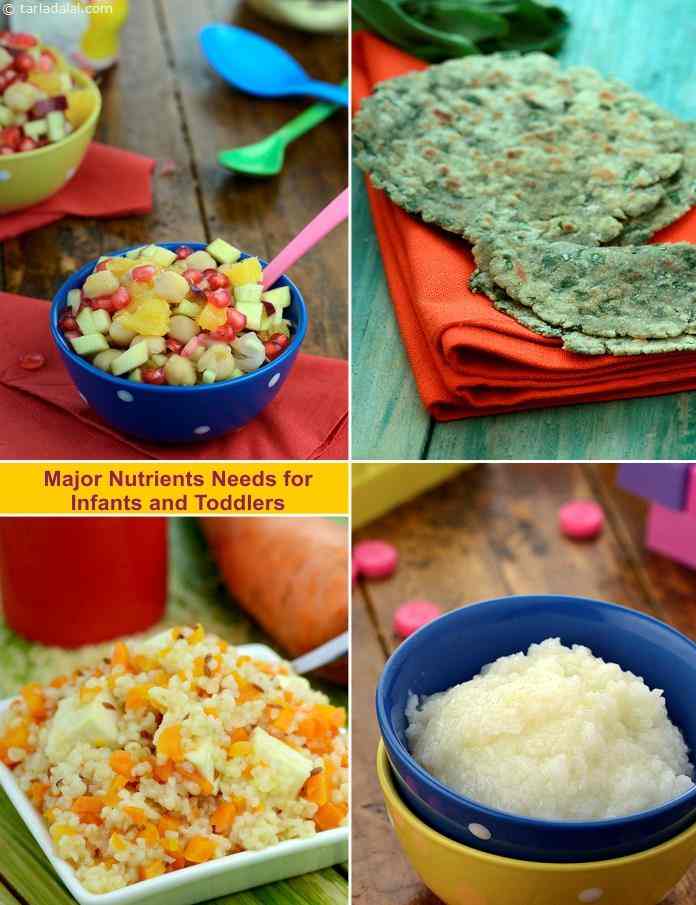
Indian Baby Food Chart with Recipes
Table of Content
Indian Baby Food Chart with Recipes
Infancy is a stage of a new born baby from birth till the age of 1. It is divided into 2 stages – 1 to 6 and 7 to 12 months. The first stage (6 months) the new-born is exclusively breast fed and totally dependent on the mother for all his / her nutritional needs. The lactating mum has to eat a well-balanced and nourished diet to meet all the requirement of the baby.
The second stage (7 to 12 months) is the stage of WEANING. It is a period of experiments both for the mother and the baby. Most paediatricians recommend weaning gradually over a period of time with home-cooked foods like Dal and Vegetable Mash made with love by the mother.
Dal and Vegetable Mash ( Baby and Toddler )
When you begin weaning, the questions that uppermost in your mind are What to wean? How much to wean? What nutrients are necessary? etc.
Listed below are the important nutrients essential for infants, along with their functions and food sources that will provide these nutrients.
1. Energy: It is necessary for..
- Healthy growth and development
- Required for our daily activities
The main sources are..
- Cereals such as wheat, rice, bajra, jowar etc.
- Dals and pulses such as moong dal, chana etc.
- Dairy products like milk, curds, paneer etc.
- Fruits, vegetables and their juices.
Moong Dal Khichdi is one of the most easily digestible foods for new born.
Moong Dal Khichdi for Babies
2. Protein: It is necessary for..
- Skeletal as well as muscular growth and development.
- Maintenance and repair of body cells.
The main sources are..
- Dals and pulses such as moong dal, chana dal, matki etc.
- Dairy products such as milk, curds, paneer etc.
- Nuts like almonds, walnuts etc.
Paneer Walnut Puree is a protein rich treat for babies over 8 months.
Walnut Paneer Puree for Babies
3. Carbohydrates: It is necessary..
- To provide heat and energy to the body.
The main sources are..
- Whole grains and its products like wheat, rice, oats, jowar etc.
- Vegetables like potato and yam.
- Fruits like banana, chickoo, avocado, mango etc.
Begin with Banana Puree for Babies and then introduce Jowar Porridge for Babies.
Banana Puree for Babies
4. Fat: It is..
- A concentrated source of energy.
- Carrier of fat-soluble vitamins like vitamin A, D, E and K.
- Needed for healthy development of baby’s brain.
The main sources are..
- Visible fats like ghee and oil.
- Invisible fat, which as the name suggests, is the hidden fat present in all foodstuffs like nuts, oilseeds, cereals, etc.
Use small quantity of ghee to make a healthy one dish meal like Vegetable Khichdi for Babies and Toddlers.
Vegetable Khichdi for Babies and Toddlers
5. Calcium: It is necessary for..
- Formation and strengthening of bones and teeth.
The main sources are..
- Dairy products such as milk, curds, paneer etc.
- Dark green leafy vegetables such as broccoli, spinach, fenugreek etc.
- Sesame seeds (til) and ragi (nachni),
- Dals and pulses like masoor dal, urad dal etc.
- Sprouts.
Ragi Uttapa, a soft food, is sure to tickle your baby’s taste bud.
Ragi Uttapa for Babies and Toddlers
6. Iron: It is necessary for..
- The formation of haemoglobin which supplies oxygen to all the cells in our body.
- Production of red blood cells.
The main sources are..
- Dark green leafy vegetables such as spinach, cow pea leaves, fenugreek etc.
- Nuts such as almonds, walnuts etc. and oilseeds such as sesame seeds (til).
- Dried dates.
- Whole grain cereals and pulses such as bajra, jowar, cow pea (chawli), moong etc.
- Jaggery (in moderation as recommended by your paediatrician)
Try the Jowar Ragi and Date Porridge for breakfast.
Jowar Ragi and Date Porridge for Babies
7. Vitamin A: It is necessary for..
- Healthy skin.
- Normal process of growth and vision.
- Strengthening of tooth enamel.
- Increasing immunity and provides protection from diseases.
The main sources are..
- Dark green leafy vegetables such as fenugreek, spinach etc.
- Yellow, orange fruits and vegetables like carrots, pumpkin, papaya etc.
- Dairy products such as milk, curds, paneer etc.
In the beginning months, Carrot Juice for Babies is loved by most babies. Try it out.
Carrot Juice for Babies
8. Vitamin B1 (Thiamin): It is necessary for..
- Providing energy.
- Improving nerve metabolism.
{ad9}
The main sources are..
- Cereals such as wheat, rice, dalia, jowar, etc.
- Leafy vegetables like fenugreek and spinach.
Combine a few of these ingredients to make Vegetable Dalia Khichdi for Babies and Toddlers.
Vegetable Dalia Khichdi for Babies and Toddlers
9. Vitamin B2 (Riboflavin): It helps in
- Promoting healthy skin.
- Providing energy from protein, carbohydrates and fats.
The main sources are..
Palak Paneer Rice for Babies and Toddlers
- Dairy products such as milk, curds, paneer etc.
- Green leafy vegetables such as cow pea leaves, colocasia, spinach etc.
- Cereals such as wheat, rice, bajra etc.
- Dals and pulses such as moong dal, rajma, etc.
{ad10}
From Rice Mash to Palak Paneer Rice for Babies and Toddlers can be tried as a process of weaning.
Rice Mash for Babies
10. Vitamin B3 (Niacin): It helps in
- Helps in metabolising protein, carbohydrate and fats and supplies energy.
{ad11}
The main sources are..
- Whole cereals such as barley, wheat etc.
- Dals and pulses like chana dal, moong etc.
- Groundnuts.
Try finger food like Roti ladoo after 10 months of age.
11. Vitamin B6 (Pyridoxine): It helps..
- In the breakdown of proteins and fats.
{ad12}
The main sources are..
- Cereals such as wheat, jowar etc.
- Vegetables like broccoli and potato.
Include Potato and Vegetable Soup for Babies and Toddlers in between meals for your little one.
Potato and Vegetable Soup for Babies and Toddlers
12. Folic Acid: It helps in..
- Multiplication and formation of new cells.
- Aids in brain development.
{ad13}
The main sources are..
- Vegetables such as cluster beans, spinach, peas, broccoli, beetroot, tomato, ladies finger, potato (especially with skin on) etc.
- Cereals like bajra, wheat and pulses like rajma, moong etc.
- Nuts like almonds, walnuts etc. and oilseeds such as sesame seeds (til).
Once the baby is used to spinach and masoor dal individually try combining it in the form of Palak Masoor Dal for Babies and Toddlers. You can serve this by the end of 1st year. This is the time when babies learn to eat all that is cooked at home.
Palak Masoor Dal for Babies and Toddlers
13. Vitamin C: It is necessary for…
- Strengthening your baby's immunity and protects him/her from infections.
- Promotes development of teeth, skin, muscles, bones and cartilage.
- Aids in the absorption of iron present in the food.
The main sources are..
- Citrus fruits like orange, guava, lemon, sweet lime etc.
- Other fruits like amla
- Vegetables such as broccoli and capsicum, coriander and cabbage.
{ad14}
Begin with a strained Orange Juice and in later months serve unstrained juice. Remember to serve them immediately to get most of the benefit. Do not refrigerate and serve.
How To Make Orange Juice At Home, Orange Juice in Juicer, Mixer, Blender
14. Vitamin D: It helps in..
- The utilization of calcium in the body, which in turn makes the bones healthy.
The main sources are..
- Can be manufactured by our body in the presence of sunlight
- Milk and eggs.
15. Vitamin E: It is necessary for…
- Maintaining healthy cells and skin.
- It helps builds resistance to fight diseases.
The main sources are..
- Vegetable oils like corn oil, safflower oil, etc.
- Cereal grains like wheat, wheat germ, bajra, jowar etc.
- Dark green leafy vegetables like spinach and fenugreek.
Serve Bajra Porridge to your bundle of joy. It satiates them and fulfils the need of many nutrients. It’s a completely healthy meal option.
Bajra Porridge for Babies
{ad15}
Indian 6 Month Baby Food Chart
| NUTRIENTS | IMPORTANT FUNCTIONS | SOURCES |
|---|---|---|
| Energy | *Healthy growth and development *Required for our daily activities |
*Cereals such as wheat, rice, Bajra etc. *Dals and pulses such as moong dal, Rajma etc. *Dairy products like milk, Curds, Paneer etc. *Fruits, vegetables and their juices |
| Protein | *Skeletal as well as muscular growth and development *Maintenance and repair of cells |
*Dals and pulses such as moong dal, Chana Dal, chana etc. *Dairy products such as milk, curds, paneer etc. |
| Carbohydrates | *Extremely necessary to provide heat and energy to the body. | *Whole grains and its products like whole wheat, rice, Jowar etc. *Vegetables like Potato and Yam *Fruits like banana, Chickoo, mango etc. |
| Fat | *Serves as a concentrated source of energy *Carrier of fat-soluble vitamins like vitamin A, D, E and K *Healthy development of brain |
*Visible fats and oils like sunflower, corn, peanut, olive etc. *Invisible fat, which as the name suggests, is the hidden fat present in all foodstuffs like nuts, oilseeds, cereals, etc. |
| Calcium | *Formation and strengthening of bones and teeth | *Dairy products such as milk, curds, paneer etc. *Dark green leafy vegetables such as Broccoli, Spinach, Fenugreek etc. *sesame seeds (til) and Ragi (Nachni) *Dals and pulses like Masoor Dal, urad dal etc. *Sprouts |
| Iron | *Essential for the formation of haemoglobin which supplies oxygen to all the cells in our body *Production of red blood cells |
*Dark green leafy vegetables such as spinach, cow pea leaves, fenugreek etc. *Nuts such as Almonds, Walnuts etc. and oilseeds such as Sesame Seeds(til) and garden cress seeds (aliv / halim) *Dried fruits like raisins, dates etc. *Whole grain cereals and pulses such as bajra, cow pea ( Chawli), dry peas, etc. *Jaggery (in moderation as recommended by your paediatrician) |
| Zinc | *Overall growth and development *Promotes brain development |
*Whole grains like bajra, ragi (nachni), wheat etc. *Pulses like whole Bengal gram, cow pea (chawli) |
| Vitamin A | *Required for healthy skin *Normal process of growth and vision *Strengthening of tooth enamel *Increases immunity and provides protection from diseases |
*Dark green leafy vegetables such as fenugreek, spinach etc. *Yellow, orange fruits and vegetables like Carrots, Pumpkin, tomatoes, papaya etc. *Dairy products such as milk, curds, paneer etc. |
| Vitamin B1 (Thiamin) | *Helps in providing energy *Improves nerve metabolism |
*Cereals such as wheat, rice, jowar, etc. *Leafy vegetables like fenugreek and spinach |
| Vitamin B2 (Riboflavin) | *Promotes healthy skin *Helps in providing energy from protein, carbohydrates and fats |
*Dairy products such as milk, curds, paneer etc. *Green leafy vegetables such as cow pea leaves, colocasia, spinach etc. *Cereals such as wheat, rice, bajra etc. *Dals and pulses such as moong dal, rajma, etc. |
| Vitamin B3 (Niacin) | *Helps in metabolising protein, carbohydrate and fats and supplies energy |
*Whole cereals such as barley, wheat etc. Dals and pulses like chana dal, moong etc. *Groundnuts |
| Vitamin B6 (Pyridoxine) | *Helps in the breakdown of proteins and fats | *Cereals such as wheat, jowar etc. *Vegetables like broccoli and potato |
| Folic Acid | *Multiplication and formation of new cells formation of new cells |
*Vegetables such as cluster beans, spinach, peas, broccoli, beetroot, tomato, ladies finger, potato (especially with skin on) etc. *Cereals like bajra, wheat and pulses like rajma, moong etc. *Nuts like almonds, walnuts etc. and oilseeds such as sesame seeds (til). |
| Vitamin C (Ascorbic acid) |
*Strengthens your baby's immunity and protects her from infections *Promotes development of teeth, skin, muscles, bones and cartilage *Aids in the absorption of iron present in the food |
*Citrus fruits like orange, guava, lemon, sweet lime etc. *Other fruits like amla *Vegetables such as broccoli, capsicum, coriander and cabbage |
| Vitamin D | *Aids in the utilization of calcium in the body, which in turn makes the bones healthy. | *Can be manufactured by our body in the presence of sunlight *Milk and eggs |
| Vitamin E | *Essential for maintaining healthy cells and skin | *Vegetable oils like corn oil, safflower oil, etc. *Cereal grains like wheat, wheat germ, bajra, jowar etc. *Dark green leafy vegetables like spinach and fenugreek |
{ad16}
Other related articles on this :
Daily Food Guide for Toddlers
Recommended Daily Allowance for Infants and Toddlers
Guide to Weaning
Best food for feeding Mothers to get more milk
When and how much to feed your Baby
Components of Breast Milk
Recipes for Baby (10 to 12 Months)
We would love to hear from you if you liked the article. Please post your comments. Thanks!
Multigrain Palak Paneer Roti for Toddlers and Kids More..
Recipe# 3071
04 April, 2025
calories per serving
Mini Mixed Moong Dal Chila ( Baby and Toddler) More..
Recipe# 6292
06 December, 2024
calories per serving
Recipe# 3065
06 December, 2024
calories per serving
Recipe# 3074
06 December, 2024
calories per serving
Bulgur Wheat and Paneer Pulao ( Baby and Toddler) More..
Recipe# 3061
06 December, 2024
calories per serving
Recipe# 3027
06 December, 2024
calories per serving
Recipe# 3056
06 December, 2024
calories per serving


Related Articles
Follow US
Recipe Categories
- Vitamin B12 Cobalamin Rich Recipes 33 recipes
- Low Calorie, Weight Loss Indian Recipes 421 recipes
- Low Cholesterol Indian Recipes 307 recipes
- Healthy Indian Breakfast 372 recipes
- Indian Diabetic recipes 558 recipes
- Indian Pregnancy recipes 461 recipes
- Zero Oil Indian Recipes 133 recipes
- Iron Rich Indian recipes 267 recipes
- Healthy Indian Acidity recipes 132 recipes
- Healthy Sabzis 108 recipes
- Indian Healthy Veg Snack 275 recipes
- Healthy Heart Recipes 415 recipes
- Healthy Veg Indian Soups 74 recipes
- Calcium Rich Indian Recipes 373 recipes
- High Blood Pressure Indian Recipes 100 recipes
- Healthy Indian Salads Recipes 137 recipes
- Low Carb Indian Diet, recipes 160 recipes
- Hypothyroidism Diet 59 recipes
- Arthritis Diet 68 recipes
- Vitamin K Diet 41 recipes
- High Protein Indian recipes 93 recipes
- Fatty Liver Diet 30 recipes
- PCOS 131 recipes
- Gluten Free Veg Indian 193 recipes
- High Fiber 328 recipes
- Indian Cancer Patients 275 recipes
- Jaundice Diet 45 recipes
- Sprouts 61 recipes
- Typhoid 43 recipes
- Irritable Bowel Syndrome (IBS) 20 recipes
- Kidney Stone Diet 9 recipes
- Home Remedies 213 recipes
- Senior Citizen 195 recipes
- Diet for Dialysis 10 recipes
- Healthy Indian Drinks and Juices 213 recipes
- Gout Indian Recipes 17 recipes
- Potassium Rich 80 recipes
- Vegan 194 recipes
- Forever Young Diet, Anti Aging Indian Diet 255 recipes
- Indian recipes to treat Vomiting 7 recipes
- High in Omega 3 Fatty Acids 31 recipes
- Zinc Rich Foods 55 recipes
- Malaria Diet 17 recipes
- Vitamin B1 Rich Indian Foods, Recipes 101 recipes
- Vitamin A Rich, Beta Carotene, Retinol 87 recipes
- Antioxidant Rich Indian 445 recipes
- Low Veg Glycemic Index 86 recipes
- Lower Blood Pressure Salads 7 recipes
- Healthy Indian Dinner 85 recipes
- Magnesium Rich 94 recipes
- Vitamin C Rich Indian recipes 118 recipes
- Healthy Indian Lunch Recipes 29 recipes
- Lactation 25 recipes
- Hyperthyroidism Diet 46 recipes
- Vitamin E Rich 50 recipes
- Vitamin B3, Niacin Rich 41 recipes
- Post Surgery Diet 42 recipes
- Lower Blood Pressure Desserts Sweets 14 recipes
- Selenium 27 recipes
- Phosphorus Rich Indian Recipes, Foods 74 recipes
- Copper 15 recipes
- Foods Rich in Vitamin B2 Riboflavin 22 recipes
- Vitamin B6 Diet 36 recipes
- Vitamin B9 Rich Folate 50 recipes
- B Vitamins 231 recipes
- Manganese Diet 32 recipes
- Marathoners, Endurance Athletes, Triathlete 225 recipes
- Thalassemia 18 recipes
- Detox Water, Fruit Infused Water 42 recipes
- Lactose Free Dairy Free 22 recipes
- Omega 6 Fatty Acids 32 recipes
- Phytonutrients 51 recipes
- Chronic Kidney Disease Indian recipes 12 recipes
- Selenium1 0 recipes
- Quick Snacks / Quick Starters 385 recipes
- Quick Breakfast Indian 132 recipes
- Quick Sabzis 117 recipes
- Quick Rotis / Parathas 46 recipes
- Quick Indian Sweets 139 recipes
- Quick Stir-Fries 51 recipes
- Quick Vegetarian Indian Soups 72 recipes
- Quick Chutneys 67 recipes
- Quick Vegetarian Rice, khichdi Recipes 56 recipes
- Indian snacks under 10 minutes 44 recipes
- Quick Indian Dips, Gravies & Sauces 103 recipes
- Quick Veg Indian Pizza 17 recipes
- Quick Veg Pasta 25 recipes
- Quick Pickles / Aachar 25 recipes
- Quick Dals / quick Kadhis 29 recipes
- Snacks under 5 minutes 33 recipes
- Quick Healthy Recipes 43 recipes
- Quick Pressure Cooker 46 recipes
- Quick Desserts 48 recipes
- Quick 3 Ingredients 63 recipes
- Quick Indian Desserts 18 recipes
- Quick 4 Ingredients 41 recipes
- Quick 5 Ingredients 41 recipes
- Kids Tiffin Box 318 recipes
- Recipes for Toddlers (1-3 Years) 31 recipes
- Sweet Recipes for Kids 453 recipes
- Recipes for Baby (10 to 12 Months) 14 recipes
- Quick Indian recipes for Kids 72 recipes
- Indian Breakfast Recipes for Kids 192 recipes
- Recipes for Weaning (8 to 9 months) 20 recipes
- Healthy Foods for Kids 195 recipes
- Snack Recipes for Kids 619 recipes
- Recipes Kids can make 36 recipes
- Kids After School 794 recipes
- Kids Jar Snacks 66 recipes
- Finger Foods for Babies, Toddlers and Kids 76 recipes
- Kids Weight Gain 43 recipes
- Kids Wraps and Rolls 23 recipes
- Kids Veg Pasta 27 recipes
- Kids Brain Boosting 68 recipes
- Protein rich food for kids 69 recipes
- Recipes for Weaning 13 recipes
- Kids Pizzas 30 recipes
- Babies, Toddler and Kids Iron Rich Foods 31 recipes
- High Fiber Foods for Kids 39 recipes
- Kids Noodles 37 recipes
- Kids High Energy Indian Foods 103 recipes
- Kids Calcium Rich Indian recipes 91 recipes
- Kids Recipes for Increasing Immunity 10 recipes
- Babies recipes, 6 to 18 months 31 recipes
- Kids Weight Loss 58 recipes
- Teething Recipes for Babies 10 recipes
- Cereals and Pulses for 8 to 9 months Baby 5 recipes
- Weaning foods at 7 months 8 recipes
- Indian Teen 315 recipes
- Starters / Snacks 2137 recipes
- Indian Breakfast Recipes 819 recipes
- Main Course Recipes 925 recipes
- Indian Salads 385 recipes
- Indian Desserts , Sweets 985 recipes
- Indian Soups 249 recipes
- Indian Beverages, Indian Drinks 483 recipes
- Indian Dinner 903 recipes
- Indian Dinner1 0 recipes
- Indian Lunch 830 recipes
- Side Dishes 449 recipes
- Indian Travel Food 433 recipes
- Indian Barbeque1 recipes 22 recipes
- Frozen Foods, Indian Freezer Recipes 67 recipes
- Whole Wheat Recipes 56 recipes
- Indian Comfort Foods 212 recipes
- Dinner Menus 56 recipes
- Easy Indian Veg 70 recipes
- Innovative Indian Recipes 27 recipes
- No Cook Indian 37 recipes
- Advanced Recipes 10 recipes
- Cakes with Eggs 13 recipes
- Microwave 230 recipes
- Oven 619 recipes
- Indian Steamer Recipes 102 recipes
- Kadai Veg 406 recipes
- Indian Barbeque Recipes 43 recipes
- Sizzler tray 15 recipes
- Mixer 566 recipes
- Pressure Cooker 315 recipes
- Tava 646 recipes
- Non-stick Pan 1394 recipes
- Appe Mould 17 recipes
- Pan 223 recipes
- Indian Freezer recipes, meals 56 recipes
- Deep Pan 148 recipes
- Non Stick Kadai Veg 203 recipes
- Refrigerator 176 recipes
- Waffle Indian recipes 6 recipes
- Handi 12 recipes
- Juicer and Hopper 64 recipes
- Grill 30 recipes
- Toaster 21 recipes
- Gas Toaster 7 recipes
- Steam 72 recipes
- No Cooking Veg Indian 335 recipes
- Vegetarian baked Indian recipes 380 recipes
- Boiled Indian recipes 129 recipes
- Deep Fry 259 recipes
- Indian Tawa 266 recipes
- Shallow Fry Indian 25 recipes
- Microwave1 173 recipes
- Saute 274 recipes
- Indian Pressure Cooker 171 recipes
- Stir-fry 100 recipes
- Roasting 0 recipes
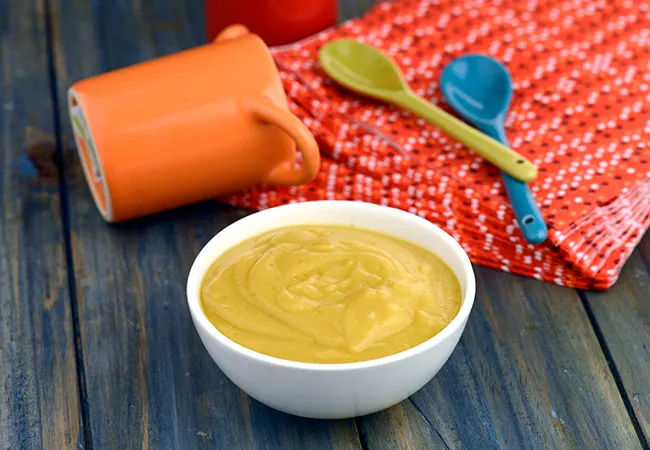
.webp)
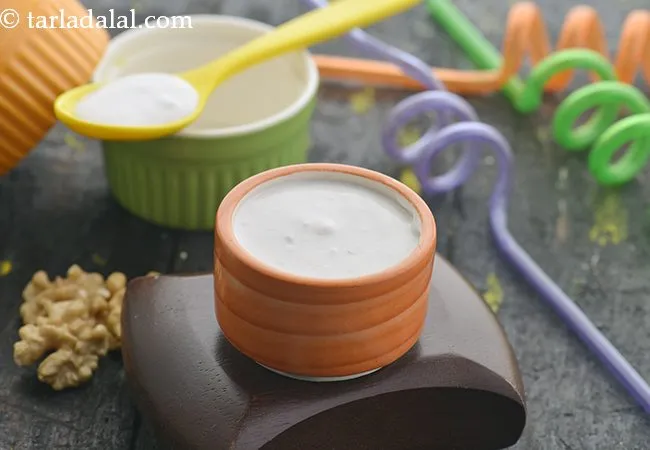
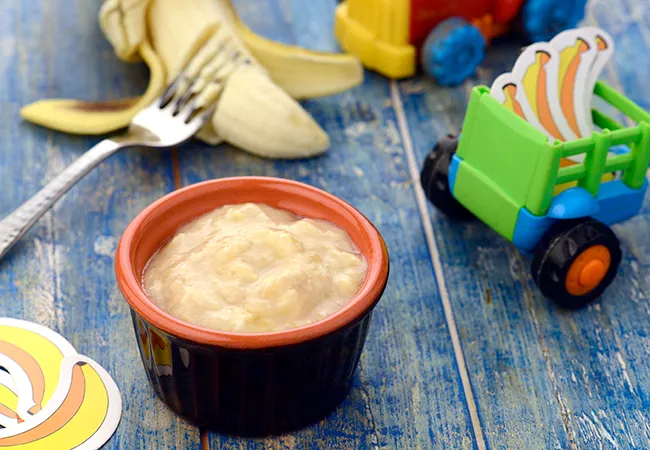
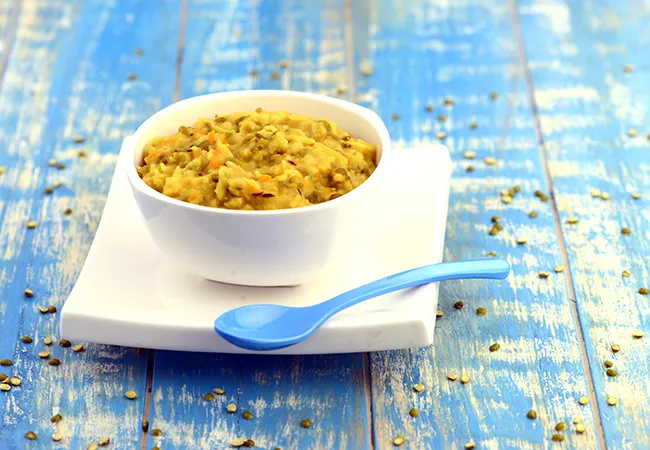
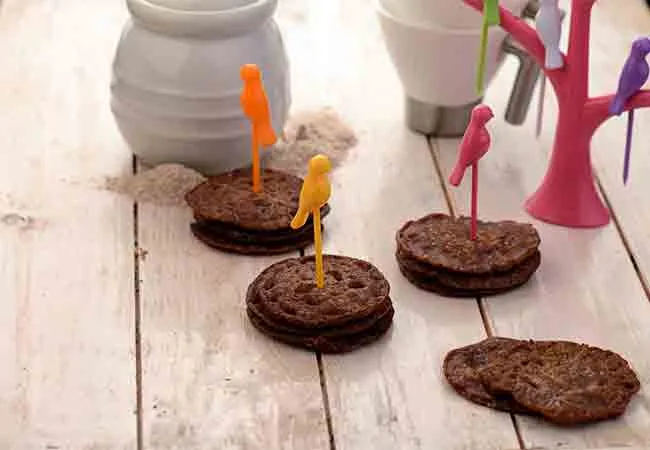
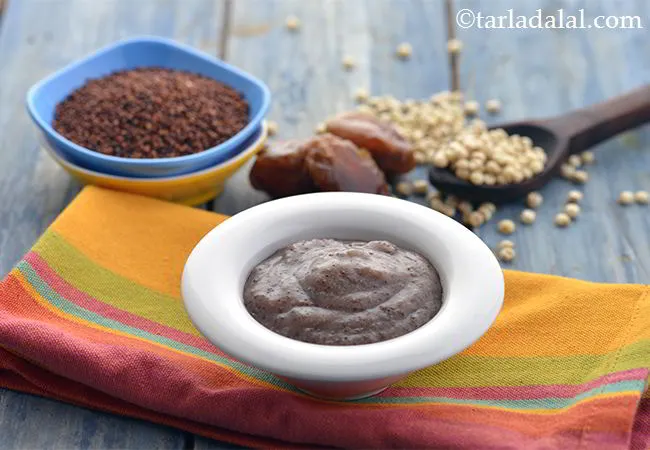
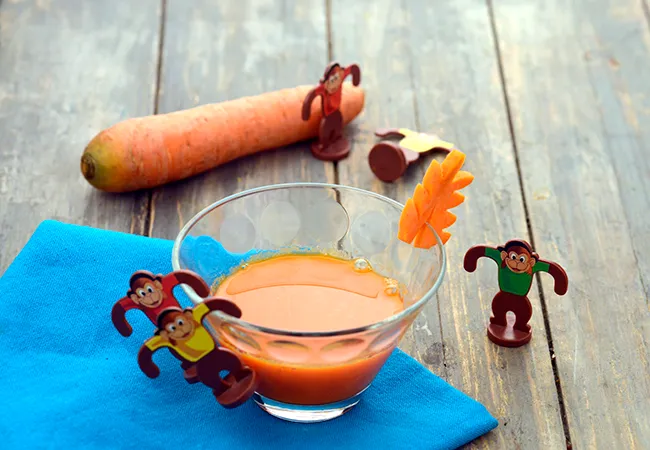
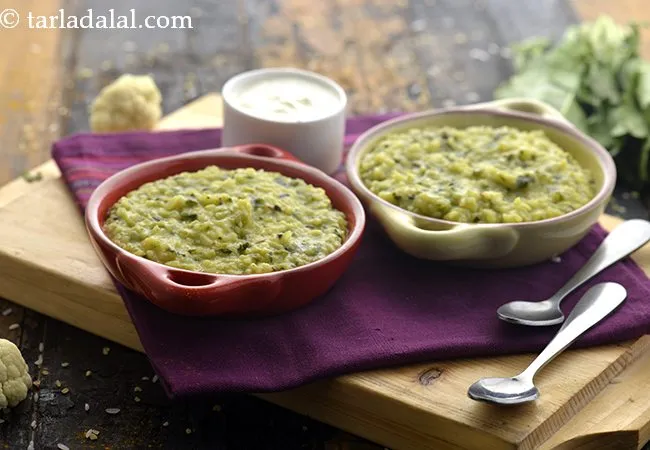
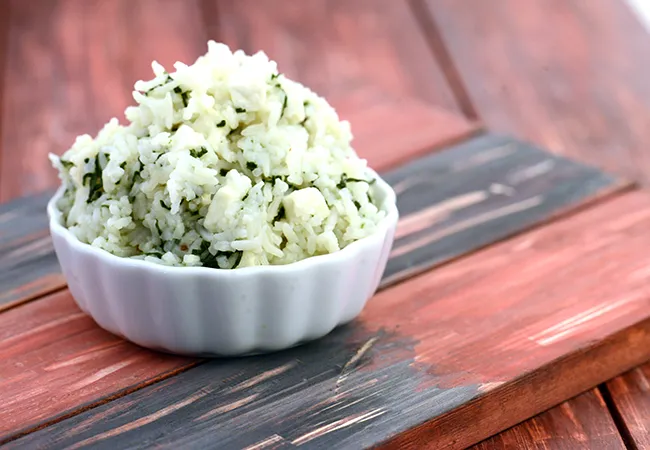
.webp)
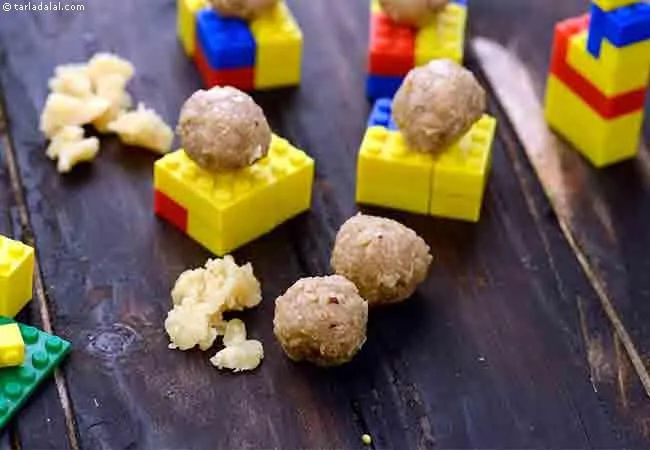
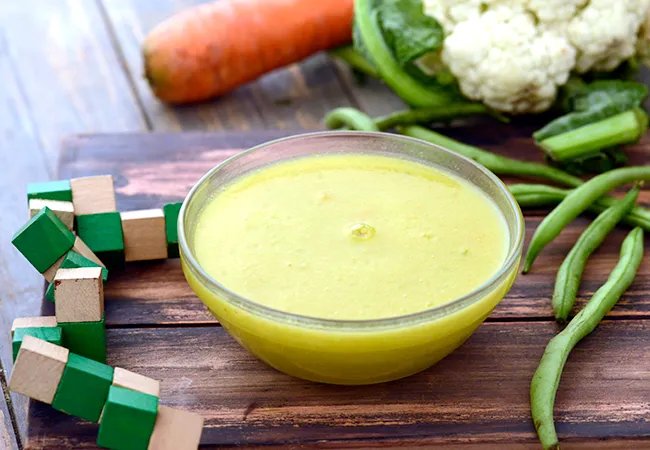
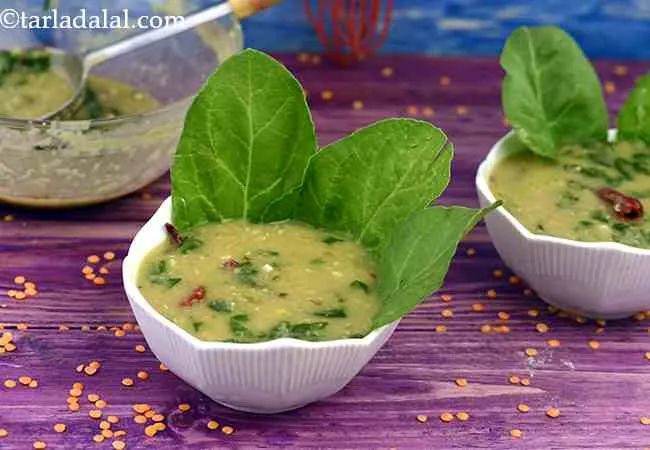
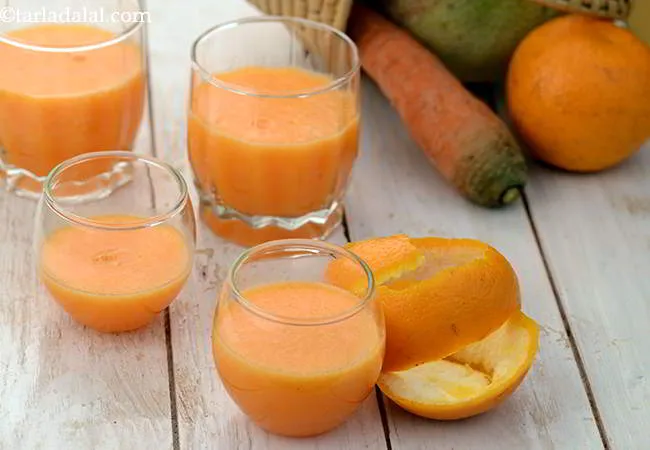
.webp)

-10647.webp)
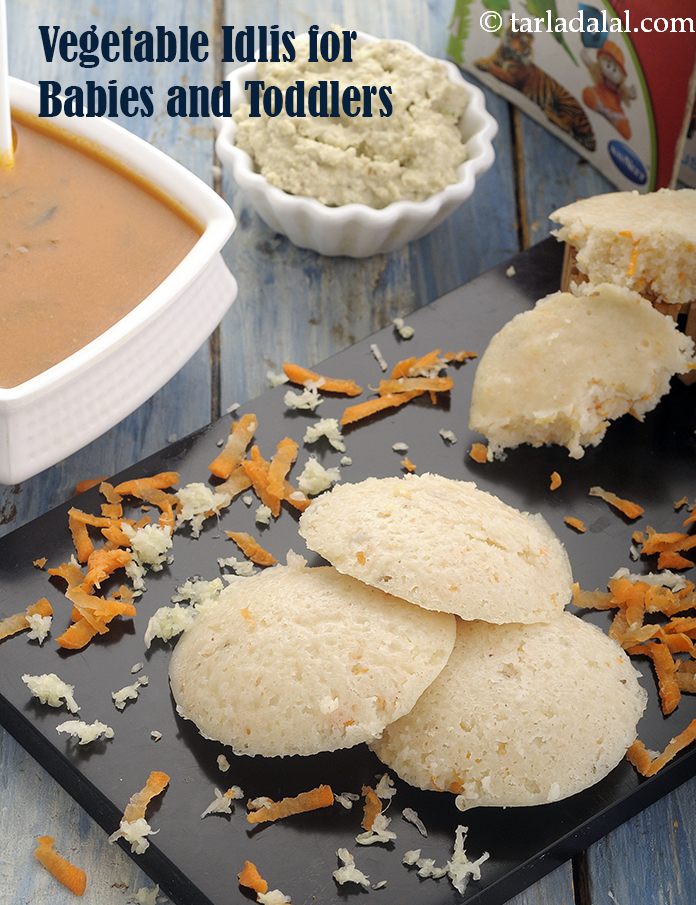
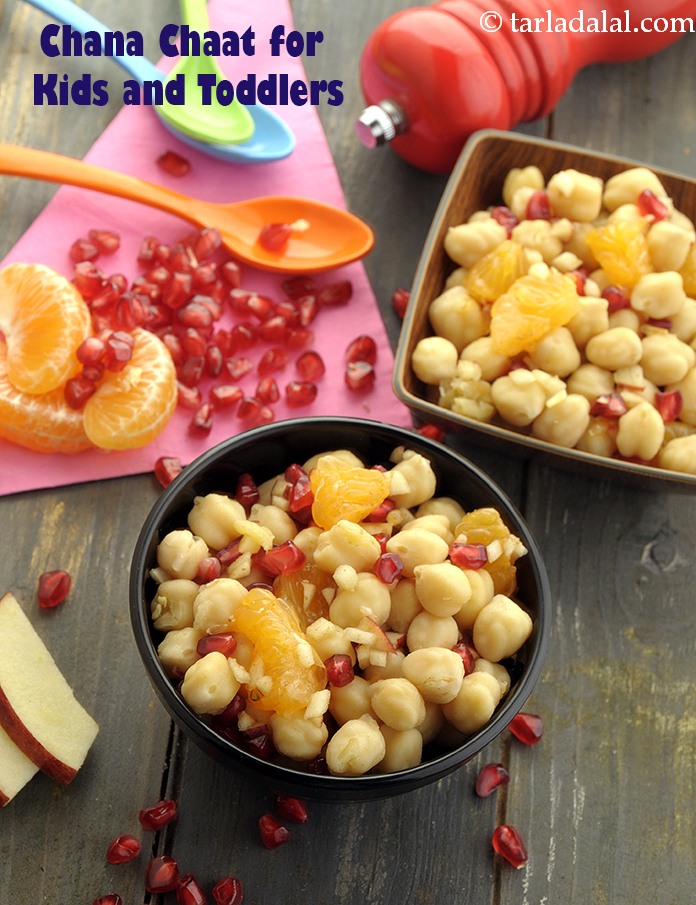
-14715.webp)
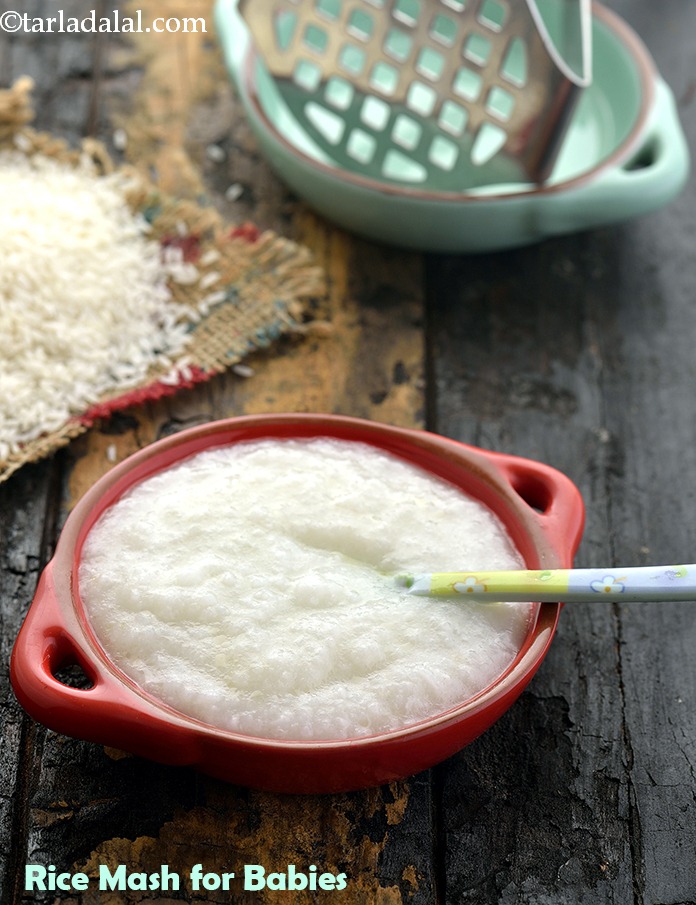
-14484.webp)
